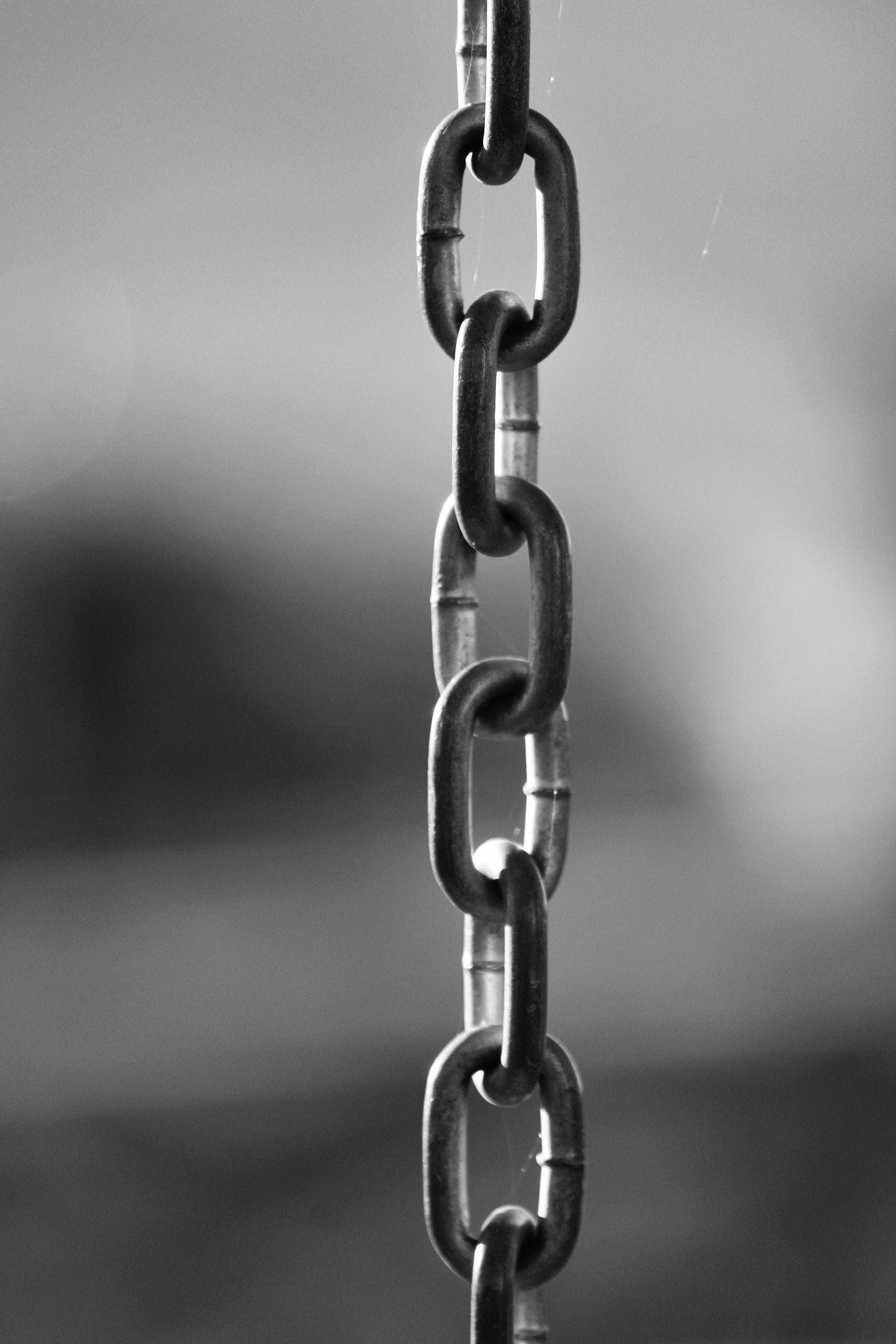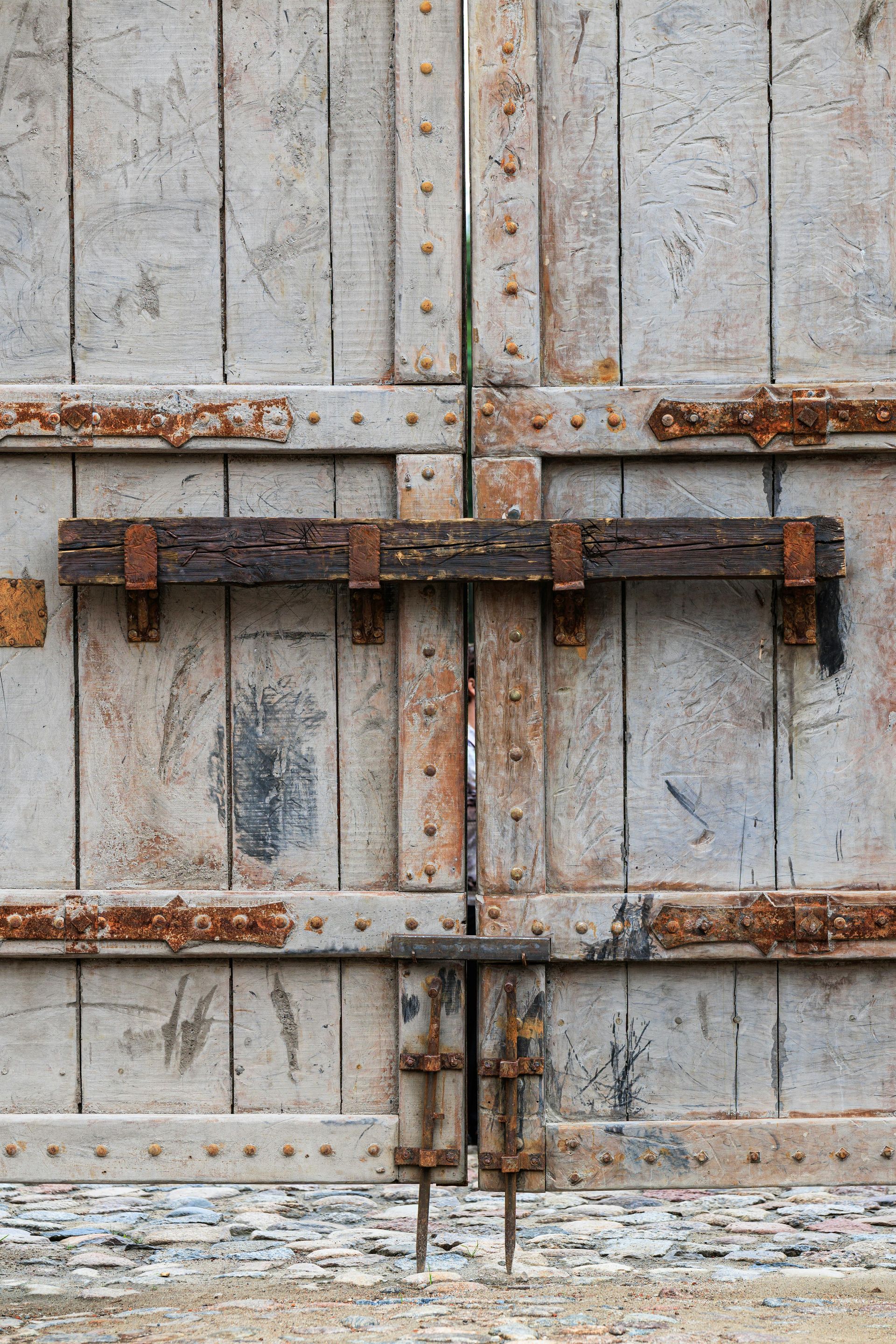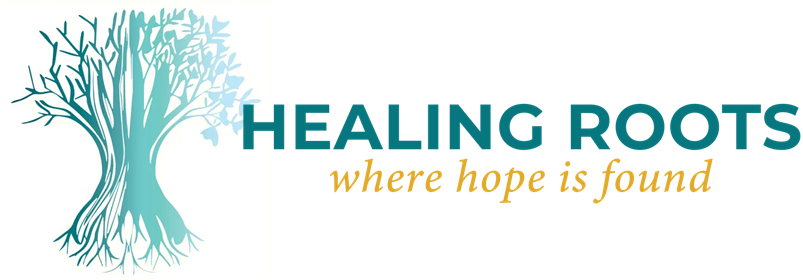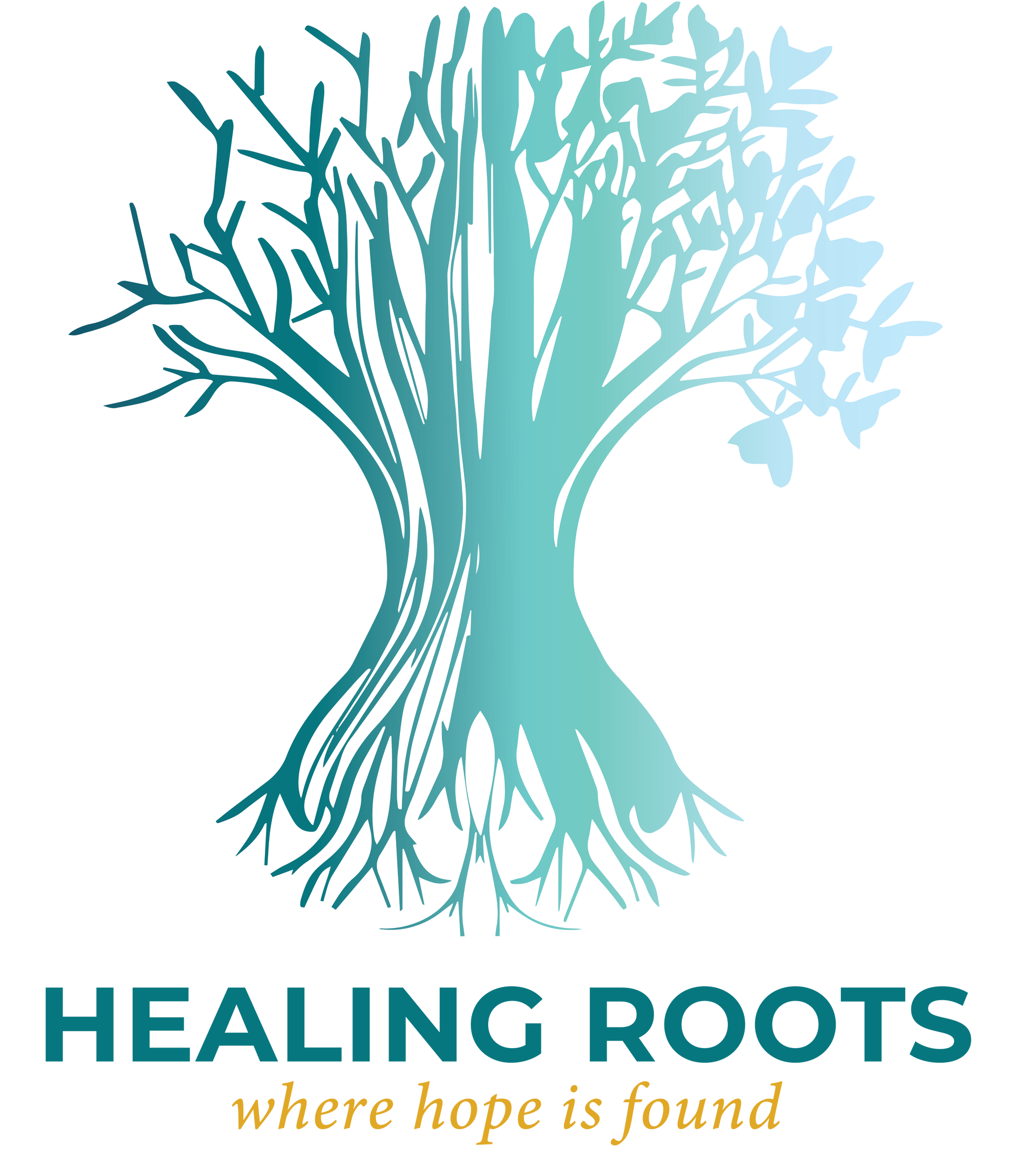When the Pain is BIG
Grief doesn’t come with a map or a deadline. It’s not something you “fix," it’s something you learn to carry. And if you’ve lost a child, you know this kind of grief rewrites everything. It shrinks our world completely.
Some days feel unbearable. Other days might seem calm, but a scent, a photo, or a memory knocks the wind out of you. That’s normal. That’s grief.
You are not broken, you are surviving something unimaginable.
Here are a few gentle ways to care for yourself when the weight feels too heavy (back to the basics):
1. Breathe Through the Waves
Grief often comes in waves and it’s okay to let them come. Take deep, slow breaths. Sometimes, all you need to do is breathe your way through the next moment.
2. Let It Out in a Safe Way
You don’t have to hold it all in. Cry. Journal. Pray. Talk. Scream into a pillow. Let the pain move instead of staying stuck inside you.
3. Don’t Do It Alone
Even if no one else “gets it,” find someone who will sit with you in your pain not fix it, just be with you. A support group, a trusted friend, or a grief counselor can make all the difference.
4. Make Space for Rest and Nourishment
Grief is exhausting. Feed your body. Drink water. Sleep when you can. These aren’t small things they’re survival steps.
5. Create a Way to Honor Your Child
Whether it’s lighting a candle, creating a memory box, planting a tree, or simply speaking their name honoring their life is part of healing.
You don’t have to be strong every day. You don’t have to “move on.”
You just have to keep showing up for yourself, one breath, one moment at a time.
And on the days you can’t even do that, let me remind you:
You are not alone. You are deeply loved. And your child will never be forgotten.
Share:











